Are you struggling with bleeding gums, inflammation, or sensitive teeth? You’re not alone. Gum disease affects nearly half of adults over 30, and yet, many people don’t realize how crucial gum health is to their overall oral hygiene. One of the easiest and most effective tools to support gum health is using the right mouthwash.
Choosing a gum health mouthwash can significantly reduce gum problems, improve breath, and support healing. But with so many products on the market, how do you know which mouthwash is best for healing gums?
In this article, we’ll explore what makes a mouthwash good for your gums, what ingredients to look for, and recommend some of the top options available. Whether you’re dealing with early-stage gingivitis or looking for preventive care, understanding the role of gum health mouthwash can be a game-changer. Let’s dive into the complete guide that will help you take control of your gum health today.
Why Gum Health Is Important

The Silent Threat of Gum Disease
Gum disease often starts silently with no pain, making it easy to ignore. However, untreated gum issues can lead to tooth loss, infections, and even heart problems.
Signs You Need a Gum Health Mouthwash
- Bleeding gums during brushing
- Red or swollen gums
- Persistent bad breath
- Receding gum line
- Loose teeth
Role of Mouthwash in Healing Gums
While brushing and flossing are vital, mouthwash reaches areas that a toothbrush can’t. It helps kill bacteria, reduce plaque, and soothe inflamed tissue—making it essential for anyone wanting to improve their gum health.
Key Ingredients to Look for in a Gum Health Mouthwash
1. Chlorhexidine
- Prescription-based and highly effective
- Reduces bacteria and inflammation
- Ideal for post-dental surgery or severe gum disease
2. Cetylpyridinium Chloride (CPC)
- Kills bacteria and freshens breath
- Available in many over-the-counter products
3. Essential Oils (Eucalyptol, Menthol, Thymol)
- Found in Listerine
- Proven to reduce plaque and gingivitis
4. Hydrogen Peroxide
- Helps with whitening
- Can kill bacteria and support tissue healing
5. Aloe Vera and Natural Extracts
- Soothe gums and reduce inflammation
- Ideal for sensitive users
Top 5 Mouthwashes for Healing Gums
1. Listerine Total Care Gum Protection
- Contains essential oils
- ADA-approved
- Kills up to 99.9% of germs
- Helps prevent and reduce gingivitis
2. Crest Pro-Health Multi-Protection
- Alcohol-free
- Contains CPC
- Helps reduce plaque buildup and gingivitis
3. TheraBreath Healthy Gums Oral Rinse
- Dentist-formulated
- Contains CPC and aloe vera
- Gentle and non-burning
4. Parodontax Active Gum Health Mouthwash
- Designed for bleeding gums
- Helps strengthen and protect gum tissue
- Mild taste
5. Colgate PerioGard (Prescription)
- Contains chlorhexidine gluconate 0.12%
- Highly effective for severe gum disease
- Short-term use recommended
How to Use Gum Health Mouthwash Effectively
Step-by-Step Routine
- Brush your teeth thoroughly with a soft-bristled toothbrush.
- Floss to remove debris between teeth.
- Use mouthwash according to the label (usually 30 seconds to 1 minute).
- Avoid eating or drinking for 30 minutes afterward.
Best Time to Use
- After brushing in the morning and before bed
- After meals, if possible
Pro Tips
- Don’t rinse with water after using mouthwash
- Stick with it—consistency is key to seeing results
- Pair it with regular dental visits
Natural Alternatives for Gum Healing
If you prefer natural options, here are some you can try:
- Saltwater Rinse: Mix 1/2 tsp salt in warm water and swish gently.
- Aloe Vera Juice: Rinse with pure aloe vera (non-laxative) juice.
- Green Tea Extract: Antioxidant-rich and anti-inflammatory
- Oil Pulling with Coconut Oil: Traditional Ayurvedic method to reduce bacteria
Also read: Best Toothpaste for Gum Disease Relief
What to Avoid in Mouthwash
Ingredients to Be Cautious Of:
- Alcohol: Can dry out and irritate gums, especially in long-term use
- Artificial Colors/Flavors: Can trigger allergies or sensitivity
- Sodium Lauryl Sulfate (SLS): Known to irritate sensitive oral tissues
When to See a Dentist
If your symptoms persist for more than 1–2 weeks despite using a gum health mouthwash, it’s time to consult a dental professional. You may need a deep cleaning, antibiotics, or further treatment.
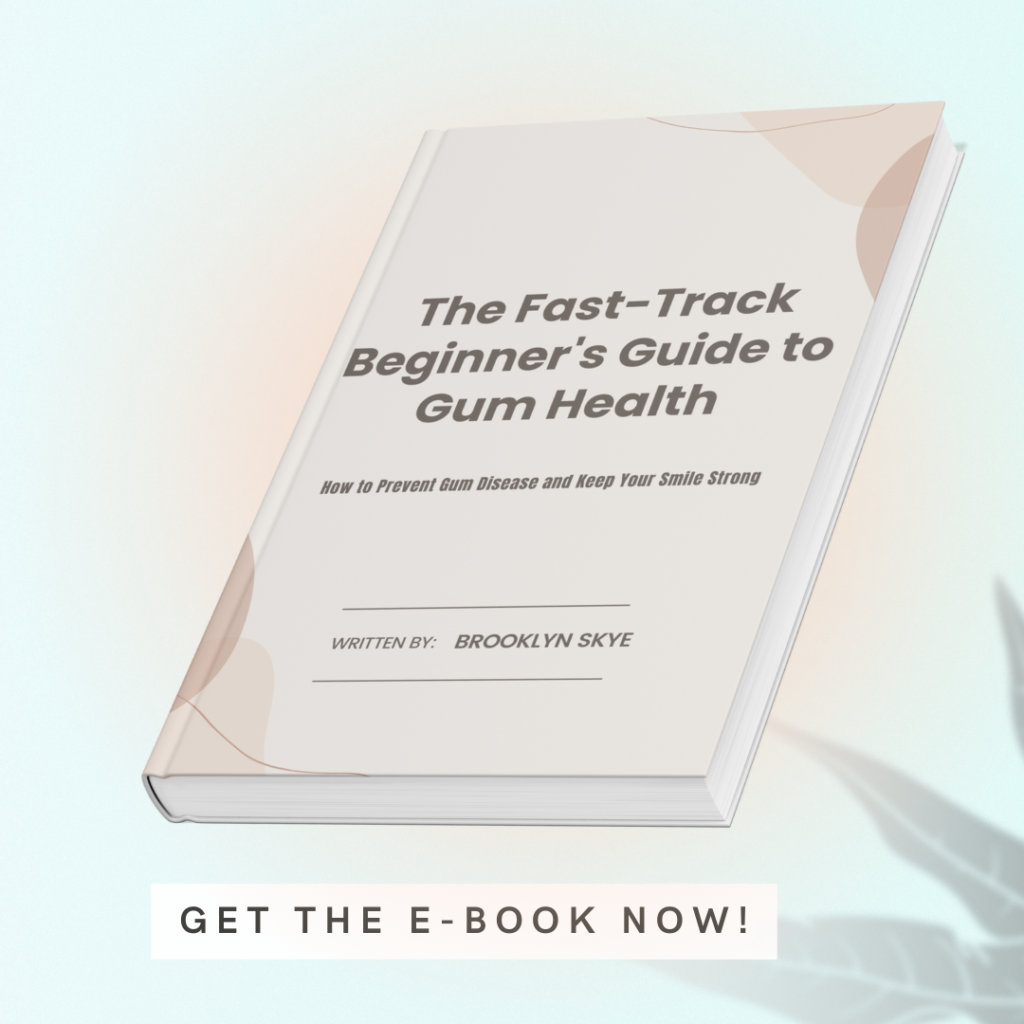
🦷 Ready to Say Goodbye to Bleeding Gums and Painful Brushing?
Discover the power of prevention with
📘 The Fast-Track Beginner’s Guide to Gum Health
by Brooklyn Skye
✅ Learn how to prevent gum disease naturally
✅ Strengthen your gums and smile with confidence
✅ Easy tips you can start using today—backed by science
✅ Perfect for beginners who want healthier gums fast
Whether you’re battling bad breath, receding gums, or just want a whiter, stronger smile—this e-book is your go-to guide. No fluff, no jargon. Just real solutions that work.
👉 Don’t Wait Until It Hurts. Take Control of Your Gum Health Now!
Grab your copy and start healing today.
📥 [Get the E-Book Now!]
Conclusion
Caring for your gums is just as important as brushing your teeth. By choosing the right gum health mouthwash, you can fight bacteria, reduce inflammation, and even reverse early signs of gum disease.
Whether you opt for prescription-strength solutions or natural alternatives, incorporating mouthwash into your daily routine can significantly improve your oral health. Don’t wait until gum problems worsen—take action today and make your mouth healthier, fresher, and more confident.
FAQ’s
1. What is the best mouthwash for gum health?
The best mouthwash for gum health includes ingredients like CPC, chlorhexidine, or essential oils. Brands like Listerine, TheraBreath, and Crest Pro-Health are excellent choices.
2. Can mouthwash heal receding gums?
Mouthwash can’t reverse gum recession, but it can reduce inflammation and bacteria, helping to prevent further damage.
3. How often should I use mouthwash for gum health?
Twice a day is recommended—once in the morning and once before bed for best results.
4. Is alcohol-free mouthwash better for gums?
Yes, alcohol-free mouthwashes are gentler on gums and suitable for long-term use, especially for sensitive users.
5. Should I use mouthwash before or after brushing?
Mouthwash should be used after brushing and flossing to maximize its effectiveness.
Related Tags:
#OralHealth #GumHealth #MouthwashTips #HealthyGums #GumCare #OralHygiene #DentalCare #HealingGums #GingivitisRelief #MouthwashRoutine #PlaqueControl #FreshBreath #Listerine #TheraBreath #CrestProHealth #NaturalMouthwash #AloeVeraMouthwash #GumDisease #PreventGumDisease #DentalTips
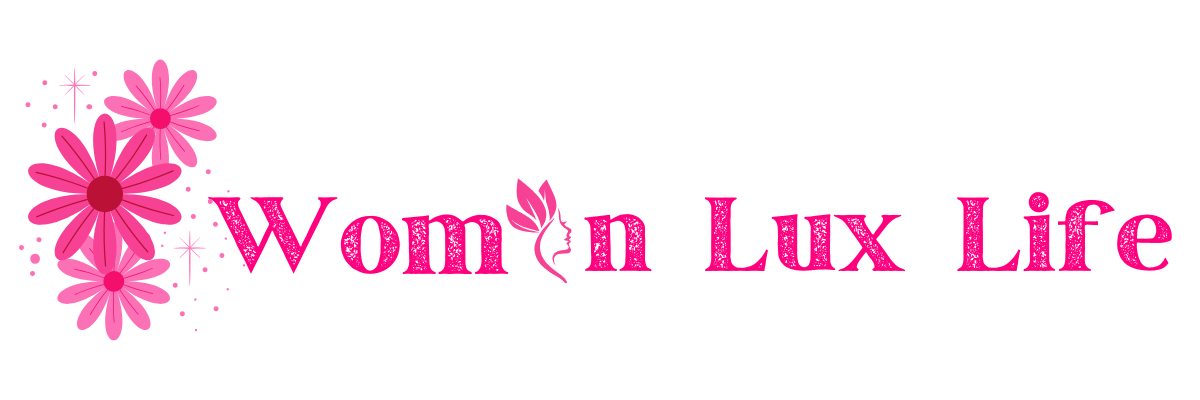
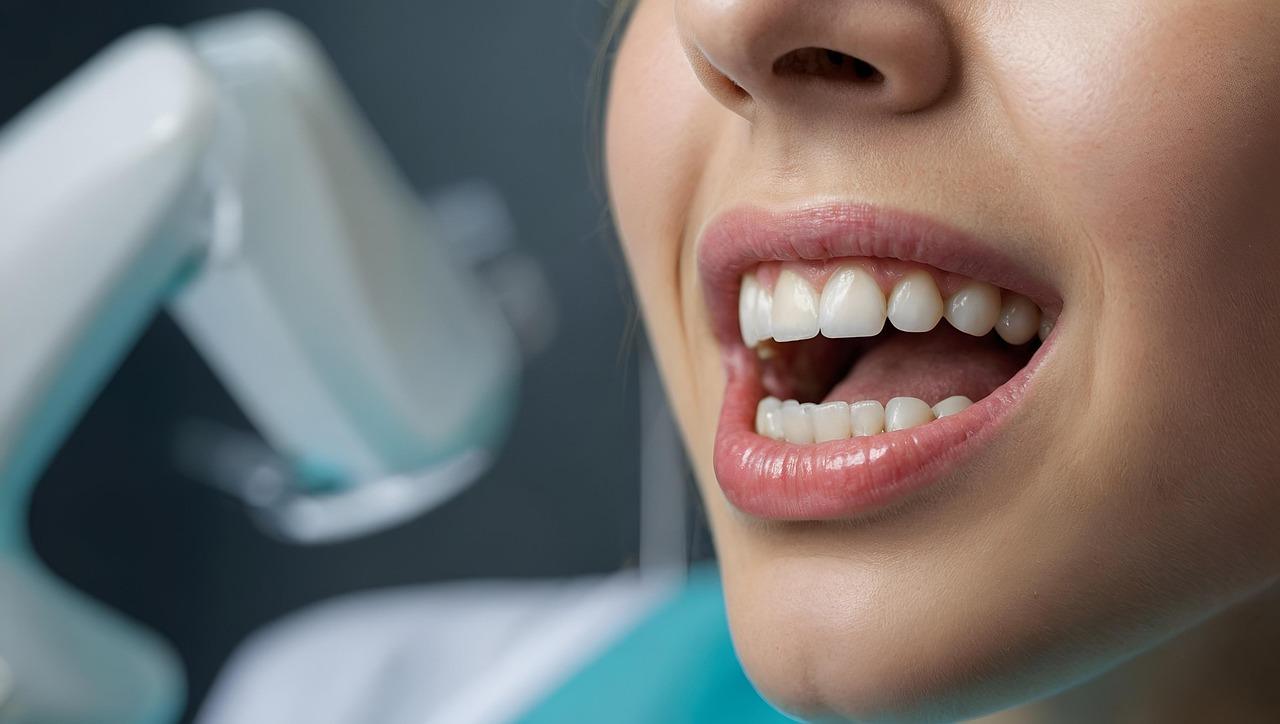
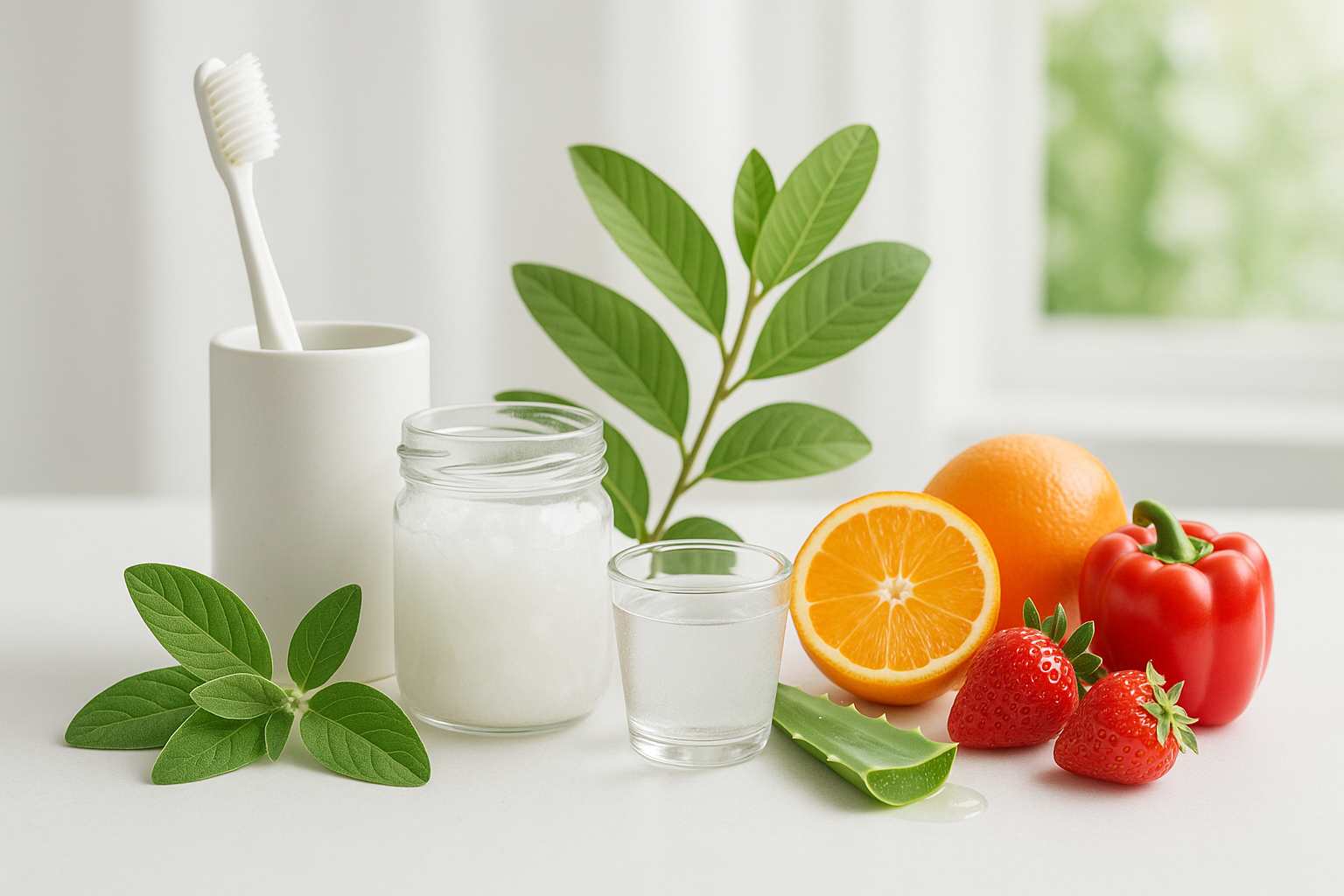
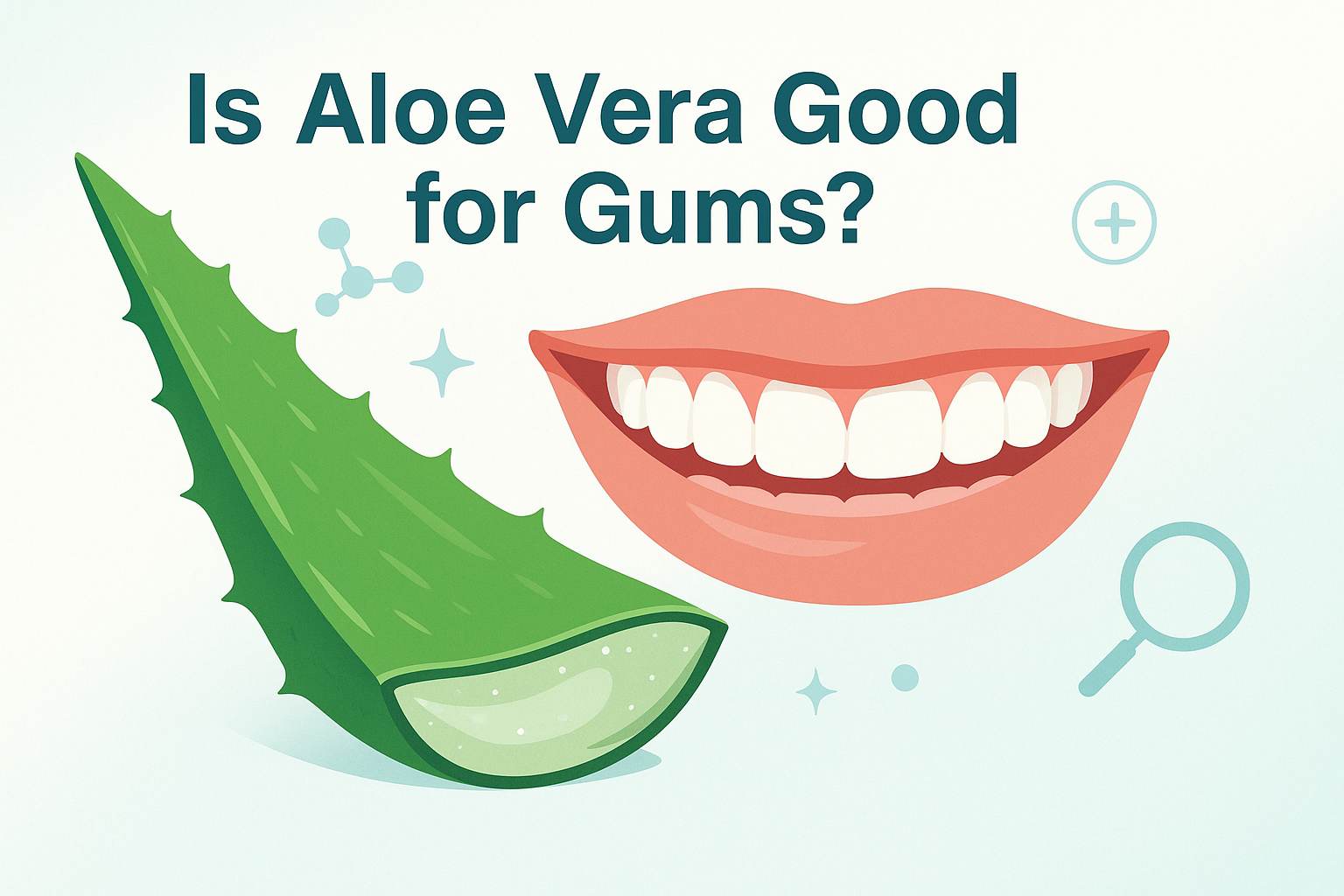
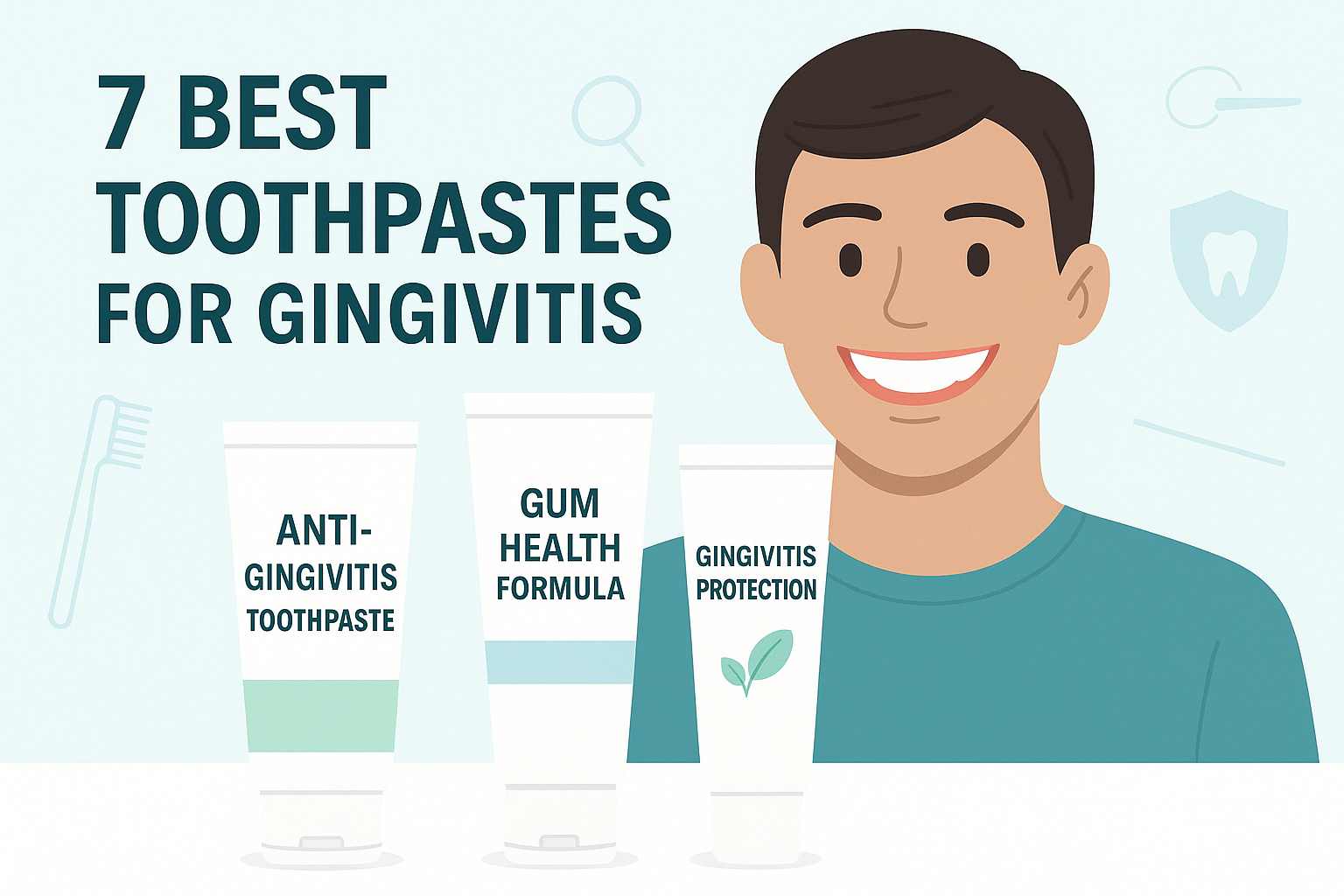
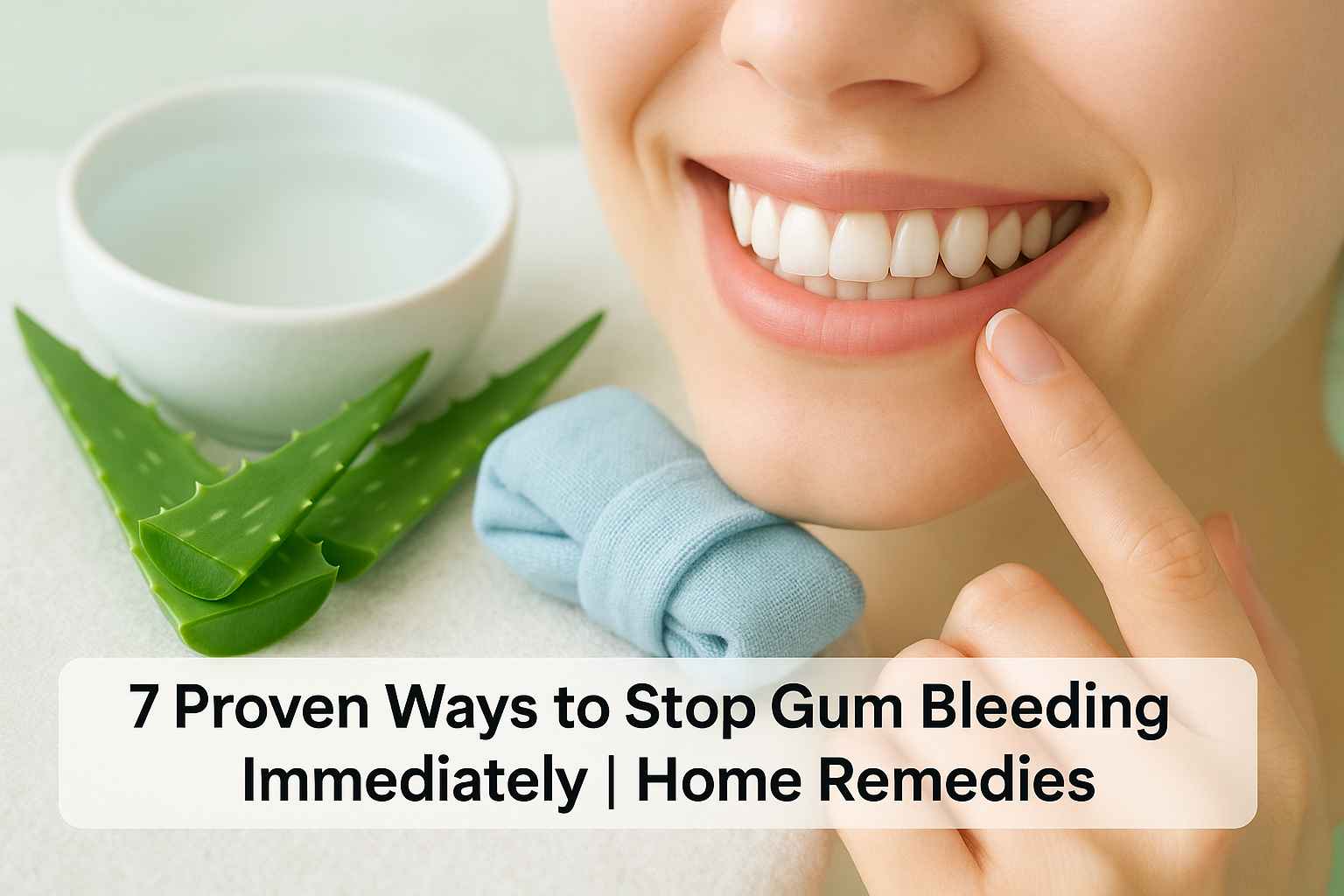
One thought on “What Mouthwash Is Good for Healing Gums? (Gum Health Mouthwash Guide)”